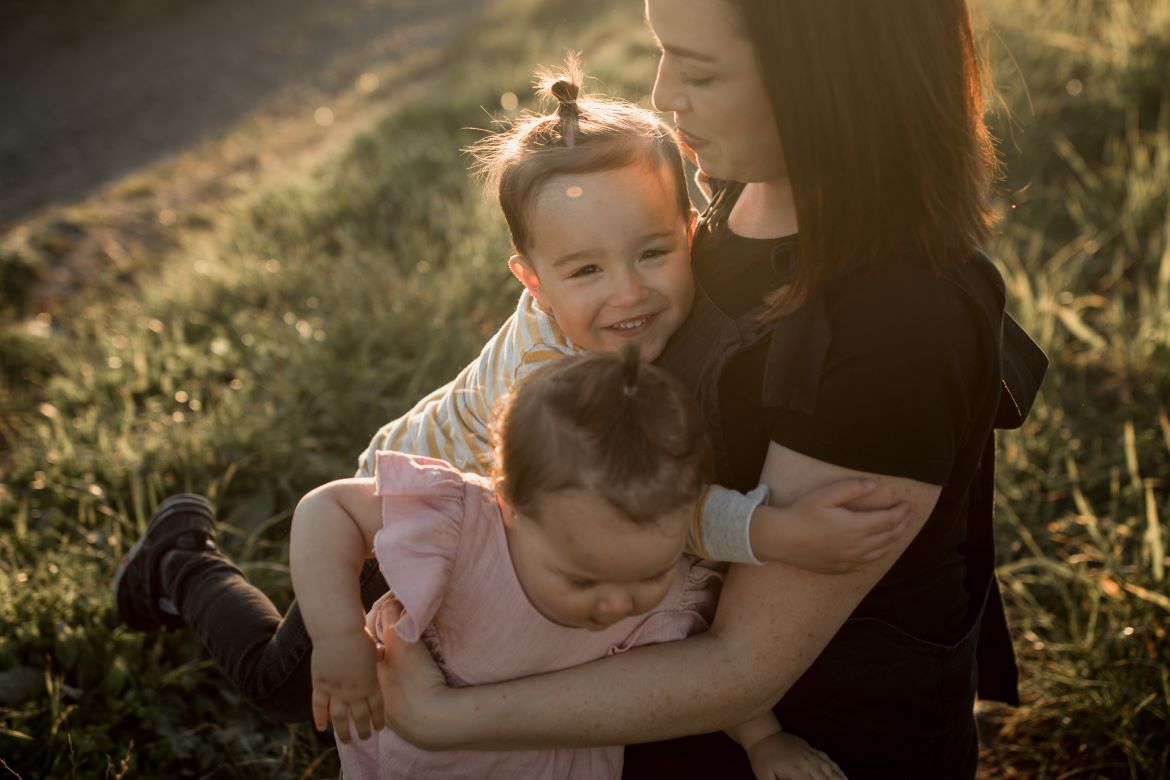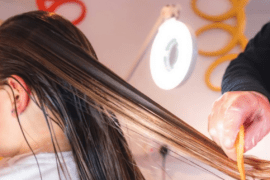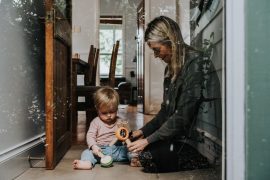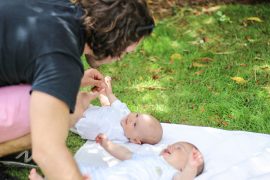By Jessie Stern, Ph.D. and Rachel Samson, M.Psych
Imagine you are standing at the edge of a diving board, water dancing a vertiginous distance below. It’s your first time on the high dive, and your knees wobble slightly as you consider your toes on the edge of the unknown. Your coach, standing behind you, suddenly proclaims, “Okay, enough dilly-dallying” and pushes you off the edge.
Your journey from the board to the water could take any number of forms: a flop, a plop, a painful plunge, or an accidentally perfect swan dive. But whatever the outcome, the journey from a starting place of being pushed will likely be both terrifying and profoundly lonely. And for a long time after it’s over, our relationship with our coach may take on feelings of distrust, anger, resentment, and shame. With perspective, most would recognise that this is not effective coaching.
Yet in many ways, this is precisely how we “coach” our children toward taking the leap toward independence – with a push.
This push to independence takes many forms: the push to sleep train, toilet train, self-soothe, separate from parents, relinquish security objects, prepare for preschool, or later, to move out of the house – the push to do each of these things as early as possible. Like learning to dive, these are worthwhile goals (some are necessary milestones), but we do harm when we push children to meet such goals without needed support, encouragement, and children’s own sense of readiness and consent.
The push toward independence in child-rearing is not universal (and notably, children grow into well-adjusted, autonomous adults even in cultures without such predilections).
Social pressures on parents to raise children who are “self-sufficient” are strongest in Western societies like Australia, the UK, and United States.
These pressures have deep roots in our individualist culture: Two of the “founding fathers” of Western psychology famously advised parents to withhold affection from their children to foster adult-like independence and productivity as early as possible. “We need less sentimentality and more spanking,” G. Stanley Hall asserted in 1899. In his book on child-rearing, John B. Watson1 advised parents, “When you are tempted to pet your child, remember that mother love is a dangerous instrument. An instrument which may inflict a never-healing wound…”
But after decades of research following the pioneering work of Harry Harlow and John Bowlby, psychologists now know the opposite is true: It is the lack of a loving and supportive caregiver in times of need that is “a dangerous instrument” for child development, and the feeling of being pushed off the diving board and into aloneness that produces “a never-healing wound” with pain that reaches well into adulthood.2,3,4,5











